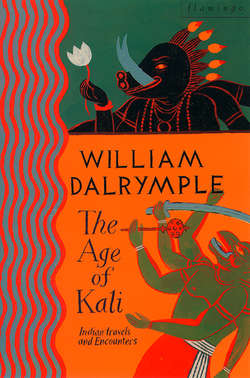Читать книгу The Age of Kali: Travels and Encounters in India - William Dalrymple - Страница 12
Postscript
ОглавлениеIn 1997 the Rajmata suffered a major heart attack, but following bypass surgery she has returned undaunted to full-time politics at the age of eighty-four. In the 1998 general election she retained her seat, albeit by a slightly reduced margin.
Ever since the destruction of the mosque at Ayodhya, the BJP has continued to grow in popularity and influence. In 1992 it took 113 seats in parliament, up from eighty-nine in the previous election. In 1996 the number rose to 161, making it the largest single party in the Lok Sabha (Indian parliament). It succeeded in forming a short-lived coalition government which survived only two weeks before losing a crucial vote of confidence. Finally, the BJP won the 1998 general election with a record 179 seats, but this still fell short of a majority, and its administration was forced to rely on a hotchpotch of minority parties, some of which were strongly opposed to its more extreme pro-Hindu policies.
Moreover, the BJP’s entry in to the political mainstream from the mid-nineties onwards was largely achieved by toning down much of its more inflammatory Hindu rhetoric. The party’s leading moderate, Atal Behari Vajpayee, was appointed as its leader, and many of its more extreme figures, including the Rajmata, were sidelined. It remains to be seen, however, if this new, relatively acceptable face of the BJP represents a fundamental change in the party, or merely a disguise with which to woo the credulous voter. The decision to explode the ‘Hindu’ nuclear bomb, the hawkish anti-Pakistan rhetoric that followed it, and the call by some BJP activists to erect a temple at the site of the blast, would seem to indicate that the extremists and bigots in the party are still far from defeated.
